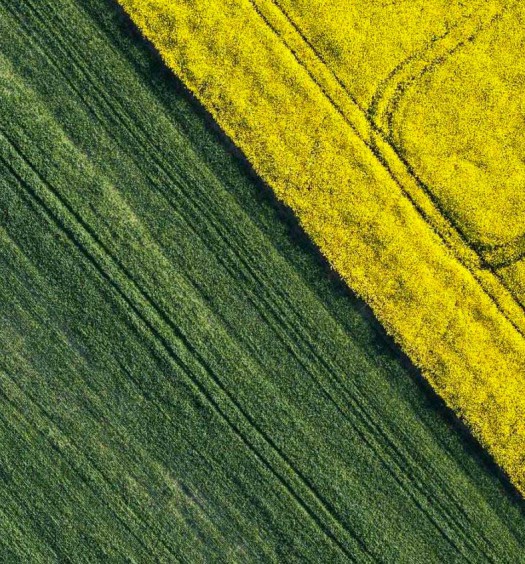Blockchain technology can transform the energy and commodity trading market space resulting in market efficiencies and significant cost savings for everyone involved across the entire value chain. Senior executives in the industry are lining up to invest in the groundbreaking technology.
To the commodity trading industry, blockchain technology looks like a panacea. Shared and transparent distributed ledger platforms improve the way the sector operates, addressing its central issues. These systems promise to make operations more efficient and solve trust problems. It is no wonder that leading senior executives in the industry are lining up to invest in the technology and integrate blockchain into their models.
Lately, a wide range of exciting projects is emerging where banks and main industry players have decided to join forces to create systems to digitalise the trade and commodities finance sector. It is a way to help eliminate fraud and errors, improve inventory management, minimise shipping and transaction costs, reduce delays from paperwork, and increase consumer and partner trust.
A public ledger which automatically verifies and records high-volume transactions, can also remove many of the physical exchanges and obstacles linked with the foodstuff trade. During the current Covid-19 pandemic, blockchain technology can prove incredibly valuable for keeping food supply chains open and transparent in harsh conditions.
Komgo, an Open Platform Suited for Financial Companies
Take komgo, for instance. Big groups in the finance and commodity sectors (including ABN AMRO, BNP Paribas, Citigroup, Crédit Agricole Group, Gunvor, ING, Koch Supply & Trading, Macquarie, Mercuria, MUFG Bank, Natixis, Rabobank, Shell, SGS and Societe Generale) launched the project with a mission – building a truly open and more efficient network within commodity trading.
“The potential that distributed ledger technologies (DLT) have in transforming the commodities sector is clear as evidenced with the success of the Easy Trading Connect experiments”, said Toon Leijtens, Chief Technology Officer of komgo. “We can now achieve a long-term ambition to improve security and operational efficiency in the commodity trade finance sector.”
Every transaction and order goes through a decentralised Ethereum blockchain-based open platform. The commodity trade finance network offers a permissioned blockchain with privacy controls suited for financial enterprises. One of its main features is a certification solution that allows users and non-users to verify authenticity by stamping their documents on the network.
A Fully Digitised Global Trade Ecosystem
Another emerging player in this new era is Corda. Enabling open transactions between businesses, the platform launched by Contour presents a unique feature: trading in strict privacy. Unlike a centralised public ledger, transactional data on the Corda platform is only shared with entities involved in the transaction, allowing for a high level of privacy, as sensitive data will be shared on a need-to-know basis.
In the meantime, Trafigura and Southeast Asia’s largest bank, DBS, launched a new blockchain service in Singapore. The platform is aimed at decreasing paperwork and improving process speed and trade flows, making them more transparent. The platform is built on Infocomm Media Development Authority’s network infrastructure and Perlin’s blockchain technology, known as Wavelet.
Other examples include Vakt, a blockchain startup supported by Mercuria that processes post-trade transactions for the oil market, and the Covantis intiative. Created by Bunge, Cargill, ADM, Louis Dreyfus Co. and Glencore Agriculture two years ago, the platform aims at developing technologies to standardise and digitise global agricultural shipping transactions. This will bring efficiencies and cost savings to businesses throughout the international supply chain.
Simultaneously, US-based Cargill is teaming up with AgroCorp to complete a groundbreaking intercontinental wheat trade on Hyperledger Fabric, an open-source blockchain technology. Staying in the US, California-based Skuchain built blockchain-based solutions for the B2B trade and logistics market.
The integration of groundbreaking, more efficient technologies will allow the commodity trading industry to advance healthier, more collaborative, business relationships previously out of reach. Joseph Lubin, Co-founder of Ethereum, the most popular blockchain platform in the cryptocurrencies world, believes that “We are now entering a new era of simple and inclusive access to blockchain technology.”















